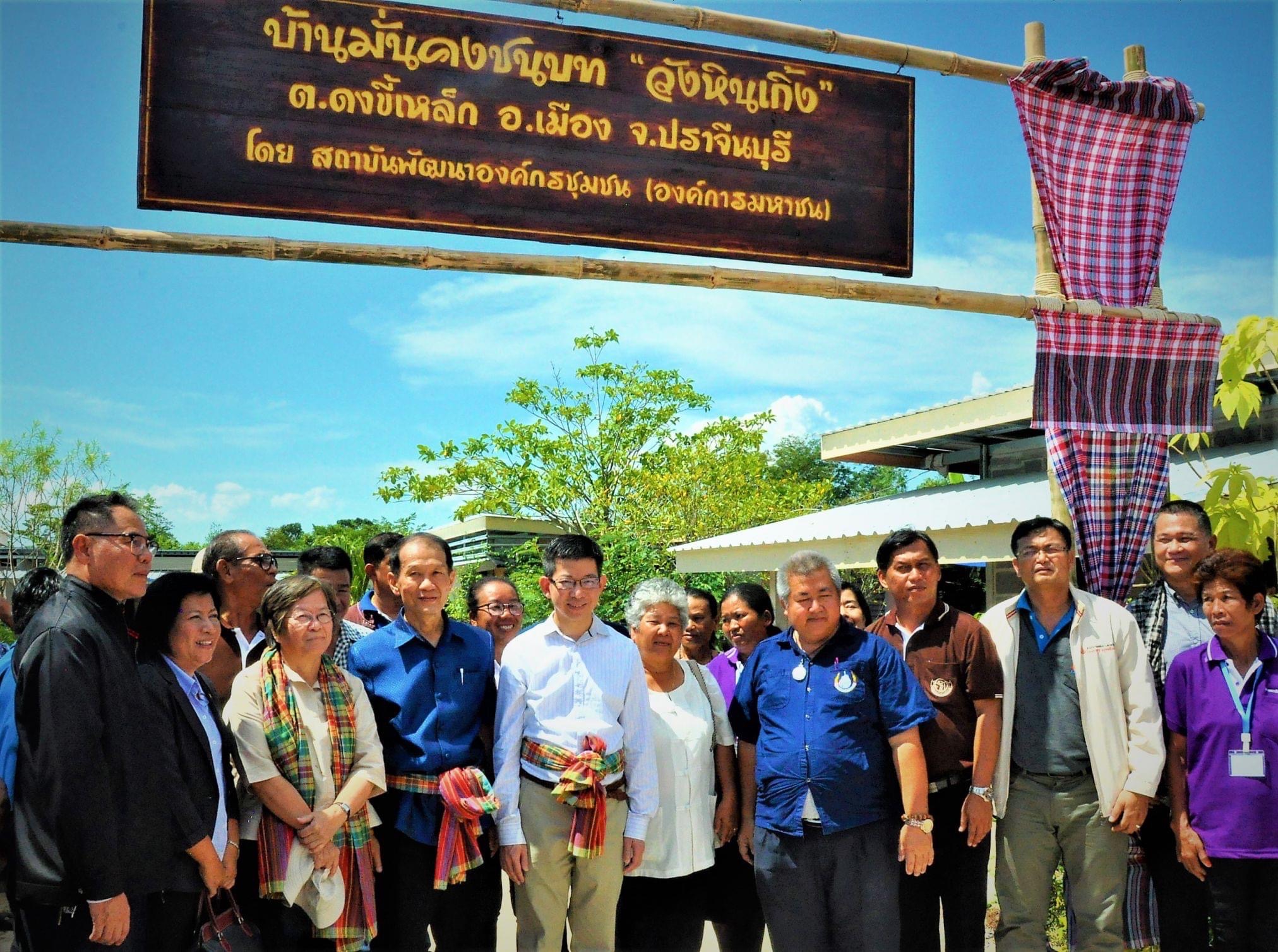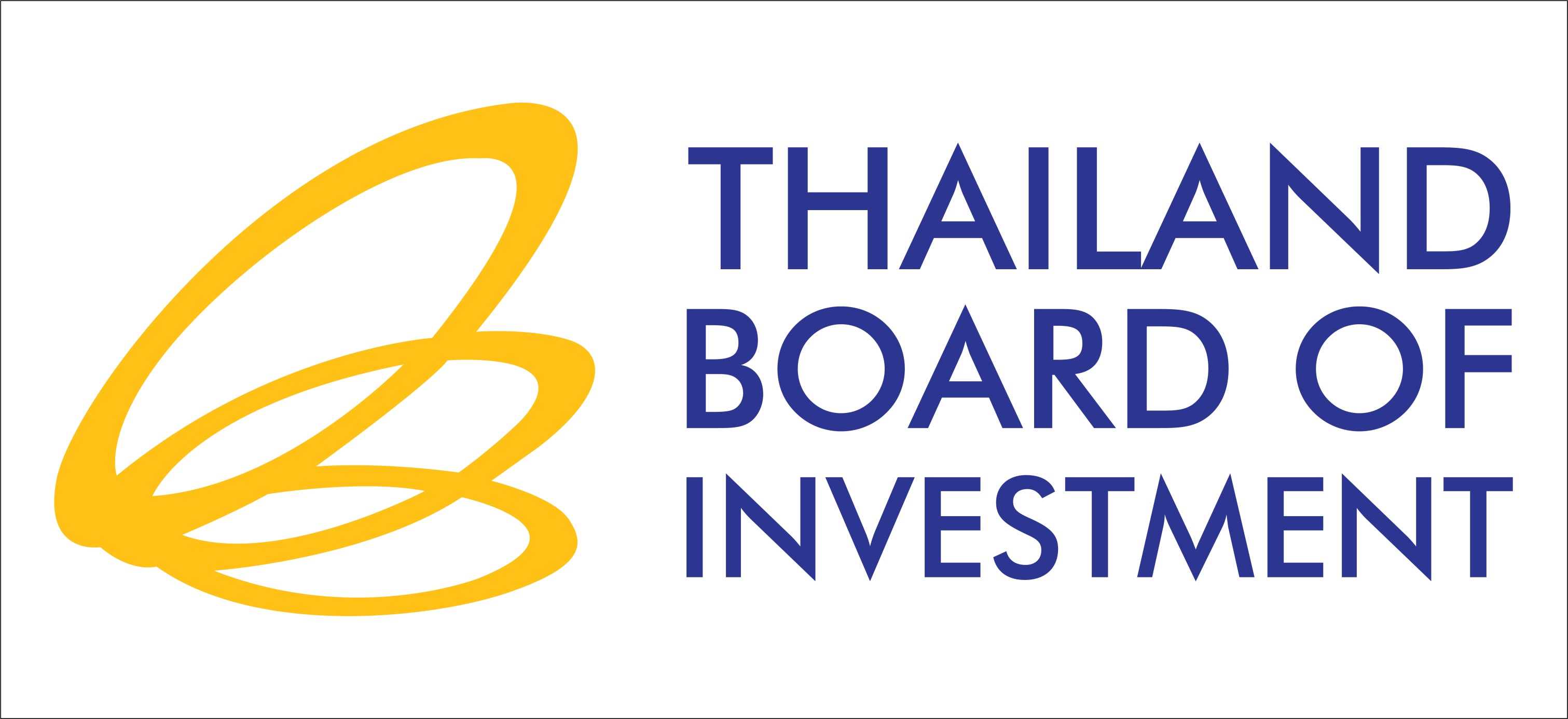Exclusive interview / Mr Kobsak Pootrakool
Exclusive interview / Mr Kobsak Pootrakool
Exclusive interview
Report: Chatrudee Theparat
Big escape of Thailand from perfect storms with weakening baht policy
Thailand could survive from the perfect storms over next two years if the government allows baht depreciation like other counties in the region in order to promote tourism, draw foreign investment and infrastructure development.
Kobsak Pootrakool, senior executive vice-president of Bangkok Bank Plc, said the first perfect storm of four has already taken place in the US and Europe in the first six months this year, hit by the Covid-19 pandemic, the prolonged war in Europe, energy crisis and the rising food price.

Mr Kobsak Pootrakool, senior executive vice-president of Bangkok Bank Plc
In the first six months of this year, the US central bank raised five times of its policy rate to 3% in total in order to curb inflation, leading investors to flee the stock and bond markets and to its dollar depreciation. This also forced countries to raise their policy rates.
The second perfect storm, which is taking place this year and continues till late 2023, is the Federal Reserve is considering to increase interest rate during the period, with at least up to 5% in order to fight against inflation until the middle of 2023.
The third perfect storm is expected to be seen from mid-2023 to late 2024. Due to the rise in interest rate, the global economy would fall into recession, especially among developed nations due to high unemployment rate. So far, a sign is clear that US corporations have started laying off their employees. Emerging markets like Argentina, El Salvador Sri Lanka, Russia, Turkey, Pakistan and Thailand could follow the move, with an appearance of economic crisis. Thai currency, for example, could be under pressure.
Eventually in 2025, the US central bank is projected to stimulate the economy.
However, Thailand can survive the storms, thanks to strong fundamentals.
“Luckily Thailand has strong fundamentals, thanks to high foreign reserve holdings. Thai companies also recorded growth both revenue and profit. Tourism starts recovering gradually. Baht depreciation would help strengthen the farm sector of 20 million people with better income earning,’’ he said.
To survive, it depends on the government’s economic policy this year and over the next two years to prevent the country from such dangerous storms. To do so, the government has to prepare enough liquidity to cope with economic problems over the next two years.
“This year, authorities should let baht depreciation like other countries in the region whose rates are weak following the US dollar appreciation,” he said.
“The Bank of Thailand (BoT) should not defend baht currency too much because we should save foreign reserve and liquidity for next two years, in case if the recession could take place among emerging markets.”

The cabinet on September 27 appointed Mr Kobsak as the chairman of the Office of the Community Organization Development Institute
The policymakers should continue updating economic figures more often to make sure that the national economic situation remains healthy. For example, beyond target of revenue collection should be told, or the country’s foreign reserve remains stable.
“Authorities should immediately respond to the latest report of the JP Morgan Investment Bank in Singapore which claimed that Thailand and Japan were the weakest in Asia.”
Mr Kobsak said Thai economy is likely to grow by 2-3 % over the next 2-3 years. Its growth is considered a better rate than developed countries. Thanks to baht depreciation, Thailand will be a tourism paradise, with more arrivals of foreign travelers and more expenditure to be spent. As a result, tourism is expected to become a key engine to drive the economy next year. In 2019, the tourism industry hired 100 million people.
The tourism industry is expected to recover 50% in 2023 from the best year in 2019, with estimated 20 million foreign arrivals, especially driven by Chinese tourists if Beijing allows its people to go out the country for travelling.
However, export may not be the major contributor to Thai economy over the next two years because of declining demand among trade partners, who suffer from global recession.
The evidence of beginning recession is seen from weakening Chinese economy and a developing sign of economic crisis among emerging markets. And this would take its toll on entrepreneurs in the next period because its export volume would face a drop.
For the government part, it needs to continue infrastructure development. Mr Kobsak said investment in infrastructure projects would help contribute to the economy during the recession. They include both government and concession projects, especially core projects in a flagship Eastern Economic Corridor (EEC) such as the 200 billion-baht high-speed railway linking three main airports-- Don Mueang, Suvarnabhumi and U-tapao, and the 290-billion-baht Eastern Airport City project at U-tapao.
Also, the government should accelerate the investment in dual track rails, mass transit rails and connectivity projects. Early this year, the Transport ministry unveiled a plan to invest in various mega-projects to improve Thailand's land, sea and air connectivity. The plan, worth over 1.49 trillion baht in total, includes 516-billion-baht worth of projects. All was approved.
Measures to assist small and medium enterprises (SMEs) and community businesses should be carried out. The government needs to continue measures to assist SMEs and community businesses to access capitals, and other measures to keep its business alive. Currently, SMEs have still struggled to survive and some went out of business during three years of pandemic. And the coming recession would be a difficult time for SMEs.
“We will support SMEs to conduct hedging because more fluctuation of currency during the recession.”
The government on September 23 appointed Mr Kobsak as the chairman of the Office of SMEs Promotion. The cabinet on September 27 appointed Mr Kobsak as the chairman of Community Organization Development Institute. Hopefully, he would take a leading role in helping strengthen the business community.
He said the organization play a critical role to drive the development among communities both in urban and rural areas to have more strength, self-reliance as a new effort to drive the country development.
03 October 2022
Viewed 1295 time
 EN
EN 




